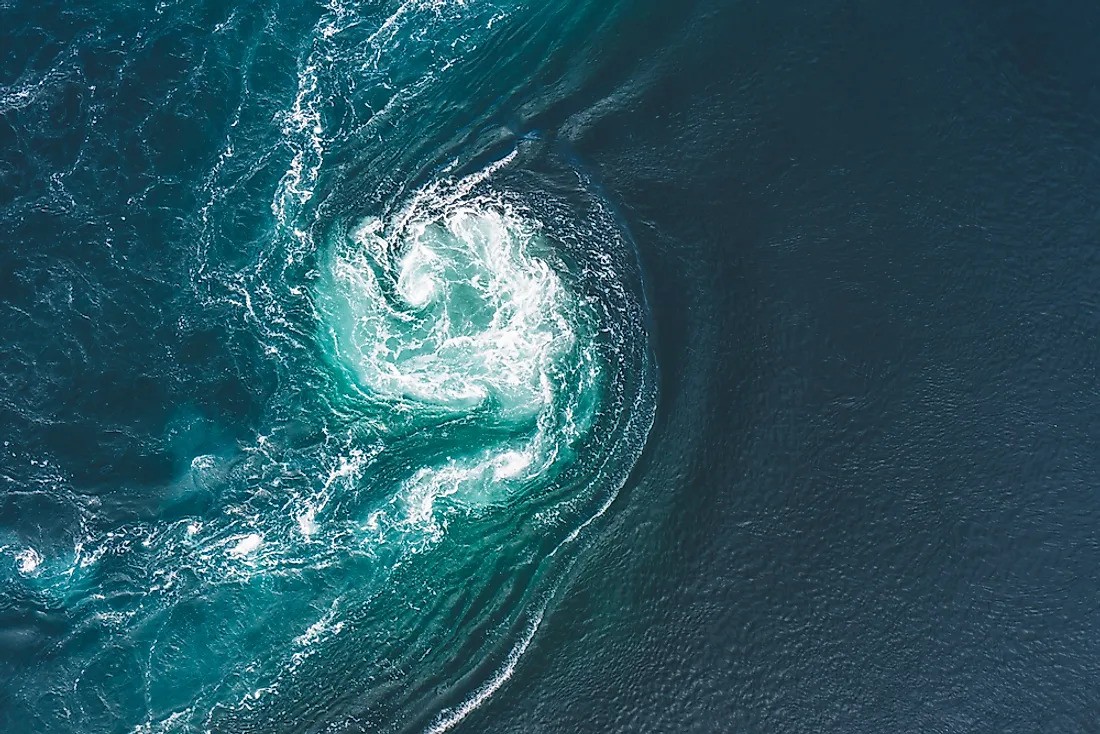Scientists have suggested that the resonant interaction of the gravitational fields of Mars and Earth may influence the appearance of giant whirlpools on the bottom of the oceans of our planet. They can affect the climate and may be important in the context of global warming.

Mars affects Earth’s oceans
The maximum distance that Mars approaches our planet is 140 million km. Therefore, usually all the panic stories that are told during oppositions with it about the same effect it will have on life on Earth are meaningless. But a new paper by scientists from the University of Sydney, published in Nature Communications, suggests that this is not always the case.
Specifically, it refers to gravitational resonance, a phenomenon in which the gravitational forces of two planets, under certain favorable circumstances, can overlap each other in such a way that they have a great influence on what happens on them.
In particular, it affects the processes in the earth’s oceans. Giant whirlpools form at their bottom, which contribute to the mixing of water. The interaction of Earth and Mars has a periodicity of 2.4 million years and, according to the authors of the study, this can significantly change the climate on our planet.
Connection with global warming
It is impossible to see giant whirlpools at the bottom of the World Ocean. However, their effect can be seen by the location of sediments on the bottom. Satellite images help scientists a lot in this, but they have been available only for the last few decades, and these processes are much more global. Therefore, the researchers also used data from cores taken from the bottom.
All this is very important, given the possible consequences of global warming. The critical Atlantic Ocean current system is showing early signs of collapse, which is of concern to scientists. The authors suggest that perhaps these whirlpools may even help mitigate some of the effects of the potential disruption of the Atlantic Meridional Overturning Circulation (AMOC), an important current system that operates as a huge conveyor transporting warm water from the tropics to the far North Atlantic.
There are concerns that stopping the AMOC will mean that oxygen-rich surface waters will no longer mix with deeper waters, leading to a stagnant ocean largely devoid of life. And the whirlpools caused by the interaction with Mars are able to solve this problem in a critical situation, so the consequences may not be so terrible.
After all, there already were periods in the past of our planet when the world’s oceans warmed up much more than now. But it did not turn into a global crisis. It is possible that scientists are only approaching the solution of this problem.
According to edition.cnn.com
Follow us on Twitter to get the most interesting space news in time
https://twitter.comne/ust_magazine


